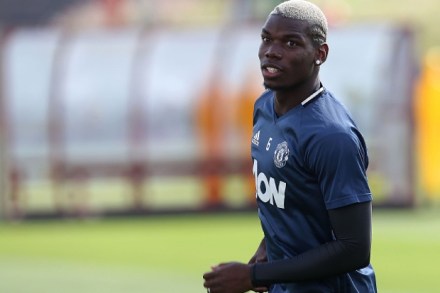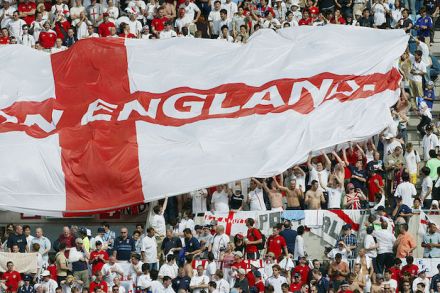Portrait of the week | 29 September 2016
Home Sir Michael Fallon, the Defence Secretary, said that Britain would oppose attempts to create an EU army, as it would ‘undermine’ Nato. Forecasts for British economic growth in 2016 collated by the Treasury were revised from 1.5 to 1.8 per cent, the level expected in June, before the EU referendum. Mathias Döpfner, the chief executive of Axel Springer, said that leaving the European Union would make Britain ‘better off than continental Europe’ within five years. Scotland began importing shale gas from the United States. Fourteen candidates are to stand in the by-election at Witney on October 20 to replace David Cameron as MP, including one from the Bus-Pass Elvis


















